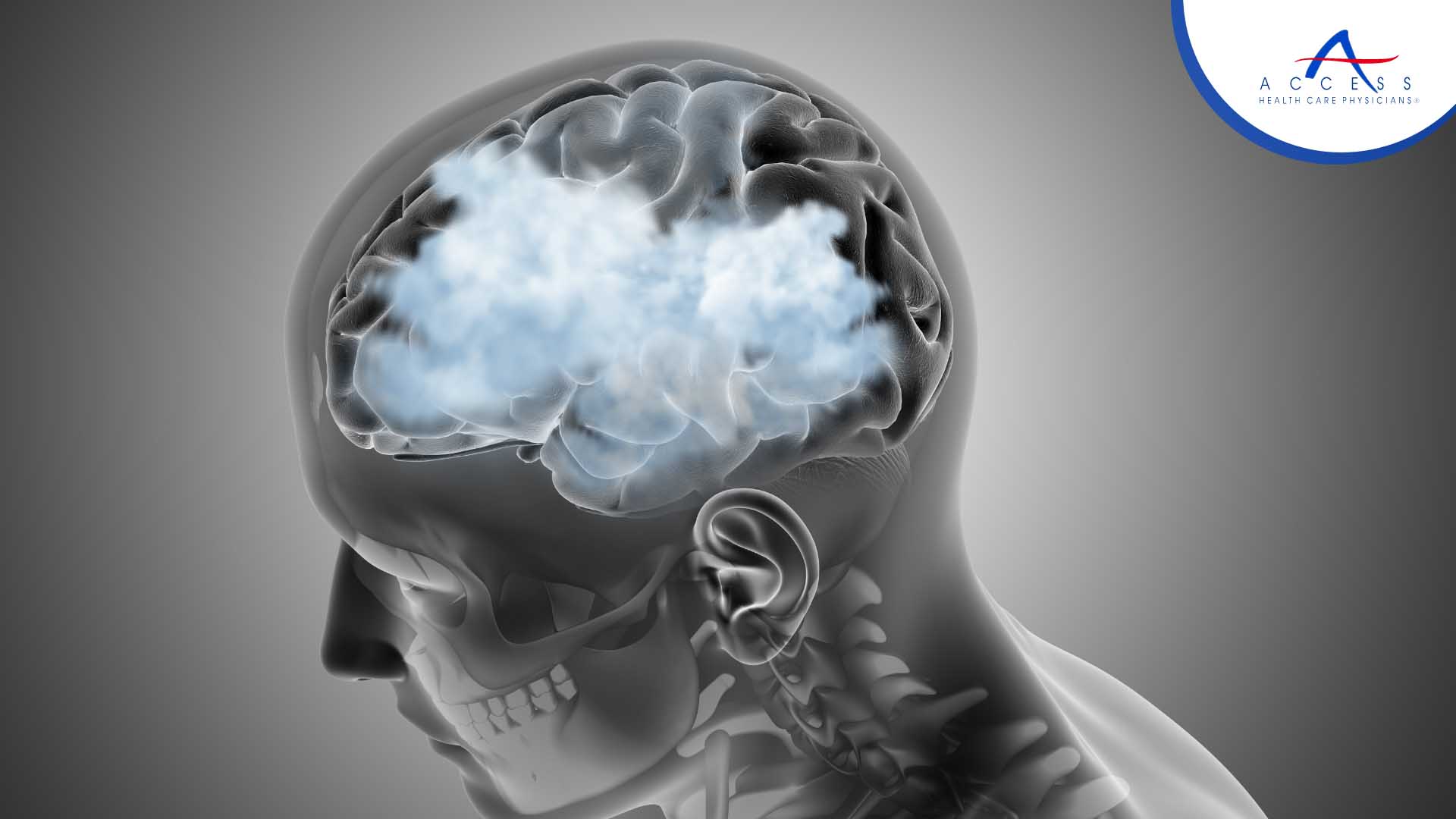Brain fog is a symptom often caused by stress, sleep changes, and medication. In this state, one can experience a lot of confusion, memory loss, and find it hard to focus.
What exactly is brain fog?
However, this is not a medical condition but a culmination of symptoms of other medical conditions. Brain fog falls under cognitive dysfunction in which there is an inability to focus as well as a lack of mental clarity. It is also often known as mental fatigue, depending on the gravity of the situation. While it can impact and interfere with one’s work or school life, it is not permanent.
Brain fog is believed to be caused by high levels of inflammation on a cellular level. Changes to hormones that determine your mood, energy, and focus also impact it. When one is experiencing any imbalance in their hormones, their whole system gets thrown off. Since brain fog syndrome is more of a psychological condition, it can lead to other conditions such as obesity and diabetes mellitus due to behavioral changes. If you believe you are experiencing brain fog, it is best to stay in touch with your Primary Healthcare Providers.
Covid-19 and Brain Fog
This term has become more popular in the last couple of years during the COVID-19 pandemic. It has been found that COVID-19 causes neurologic symptoms by worsening pre-existing symptoms. It also triggers a new set of symptoms which leads to brain fog. The research found that entirely new, painful, small-fiber neuropathies and cognitive impairment were triggered by COVID-19 infection in many patients across different age groups.
With brain fog, the communication between various parts of the brain becomes compromised either directly from the virus or from an immune system overactivation. A COVID-19 infection and its aftermath affect the intricately coordinated neural networks and interrupt the flow of information. This ends up affecting people in a way where they might take longer than before to remember a person’s name or a new phone number. Though the information gets there, it is not as reliable as before.
What causes brain fog?
While having a compromised immune system plays a major role in this, basic lifestyle habits can also cause this. This includes:
- Exposure to electromagnetic radiation from your computer or mobile phone
- High levels of stress reduce blood flow to the brain causing poor memory
- Lack of sleep and a sedentary lifestyle
- Not having an inclusive diet with good amounts of amino acids, vitamins, minerals, and antioxidants
How can you minimize the effects of Brain Fog?
- Quitting the use of tobacco should be number one on the list as smokers have a very low chance of recovering.
- Minimizing your alcohol intake and limiting it to occasional use is best for easy recovery
- Activity of any sort, even walking for 20 minutes every day, increases blood flow which leads to brain healing.
- A good diet! Make sure you are following a diet that is full of nutritious food and not processed foods or sugary sweets which work against the healing process.
- Taking a vitamin D supplement once every day helps support brain and nerve function.
Brain fog can be frustrating, but recovery is not impossible. It is important you recognize your symptoms and start to take action for them. Leaving it untreated will only impact the quality of your life. The first several months should be spent trying to resume prior activities as much as possible. Remember that the brain heals over months, so try not to become impatient. Contact your doctor and get a list of Medical Services offered by them that may help you during this period.


